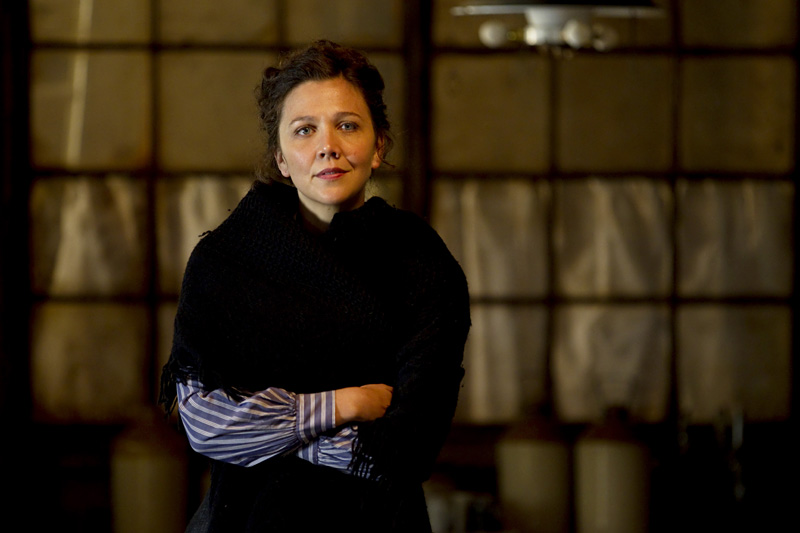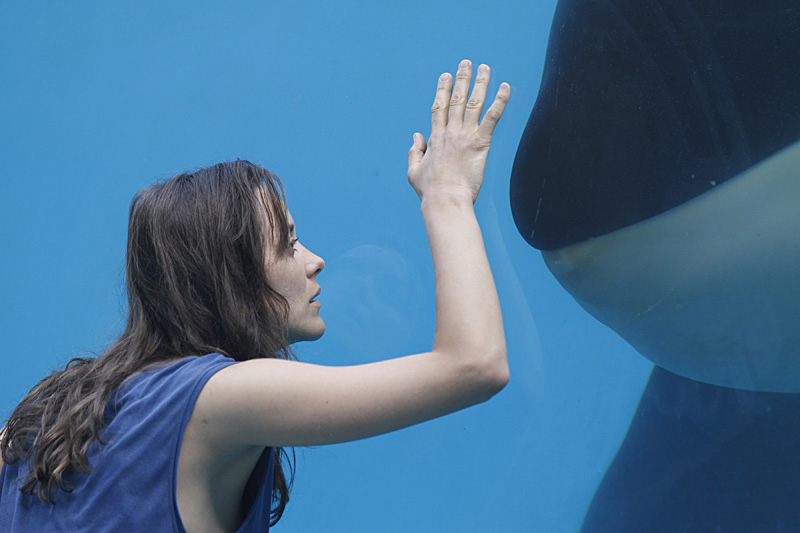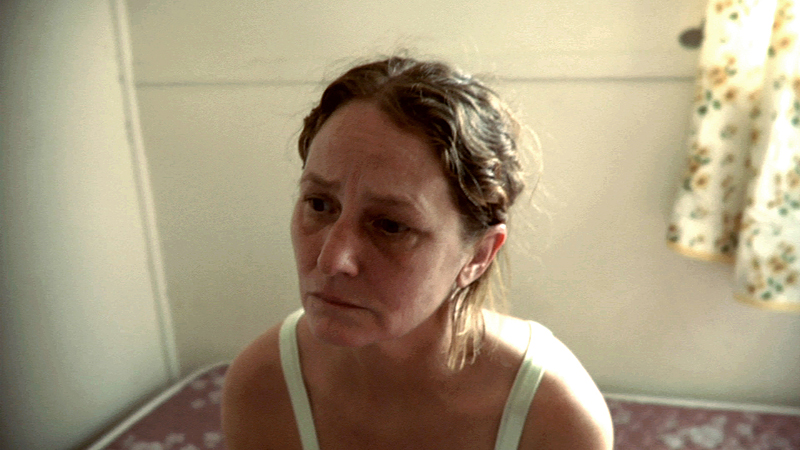The origin story of a beloved bedroom gadget, Hysteria, set in London in the 1880s, proceeds as a tedious, clumsy diddle, constantly reminding viewers how much progress has been made since the Victorian era. “You may be unaware, but there is a social revolution underfoot!” suffragette and East End settlement-house volunteer Charlotte (Maggie Gyllenhaal) clamors in a typical harangue to her father, Dr. Robert Dalrymple (Jonathan Pryce), a specialist in women’s medicine. To cure respectable ladies of the title ailment, the physician deploys “vulvar massage” (the actual procedure of the time) until the patient reaches “satisfactory paroxysm.” The irony, underscored repeatedly in this history-lesson-as-comedy, is that these learned men of science believed the relief they provided was only physical, never sexual. To assist him in his extremely popular practice, Dalrymple hires Mortimer Granville (Hugh Dancy), an idealistic doctor—and real person, on whom this film is loosely based—who opens the film lecturing a leech-using supervisor on what germs are, and who is roused by Gyllenhaal’s firebrand. But so much repetitive motion gives Mortimer severe hand cramps, leading to the creation, with his Wildean, gadget- loving friend Edmund (Rupert Everett), of the vibrator. This device, known as “Granville’s hammer,” aptly suggests the bluntness of Hysteria.
Hysteria: Maggie Gyllenhaal Helps Invent the Vibrator








